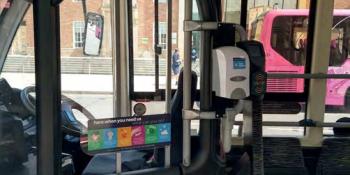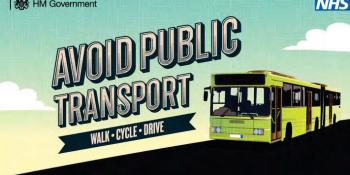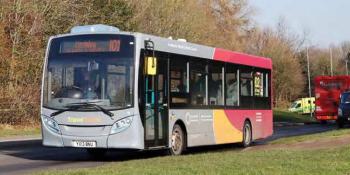The transport industry likes and needs long term planning. It is usually a stable business where demand does not change drastically from one year to the next. The Covid-19 crisis has telescoped the planning process down to a few days. As I write do not know what level of service we running after next week. Certainly interesting times.
The government considers public transport essential, and the crisis has decimated the finances of all forms of transport. As a result, the bus industry has been supported by the national furloughing scheme and a sector specific bailout called CBSSG, which looks like it will last until the end of 2020.
This has kept the network running at about 40% of mileage, but only carrying 10 to 15% of passengers, and has been achieved for an additional weekly subsidy of £14million. Fuel tax subsidies and concessionary fares have been paid at previous levels.
Compare this to additional subsidies of £180million a week on the railways and £150million a week for Transport for London. The support required for the deregulated bus industry is much less than other modes.
Costs were reduced quickly after lockdown was announced. Essential services for key workers have been maintained and adjus…




